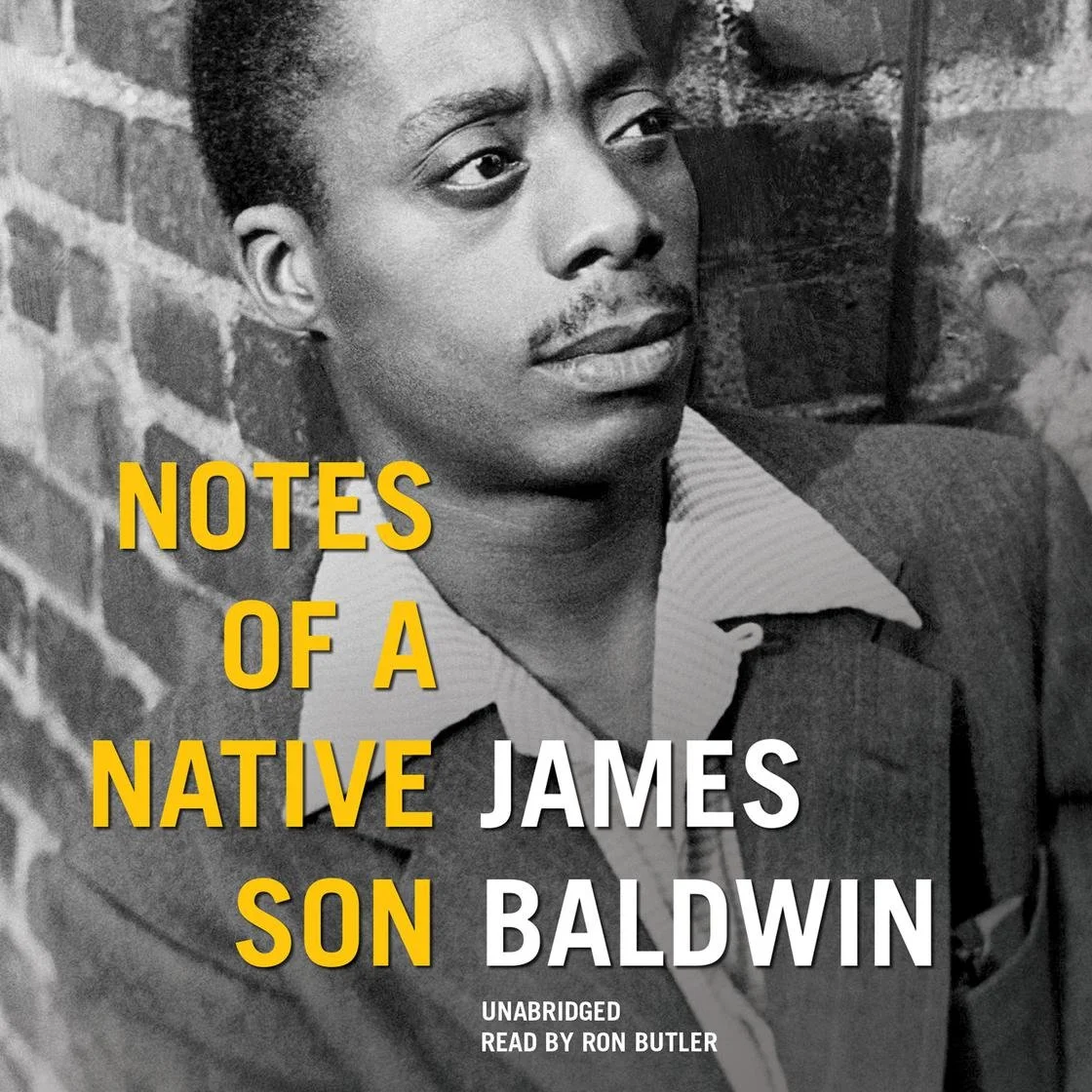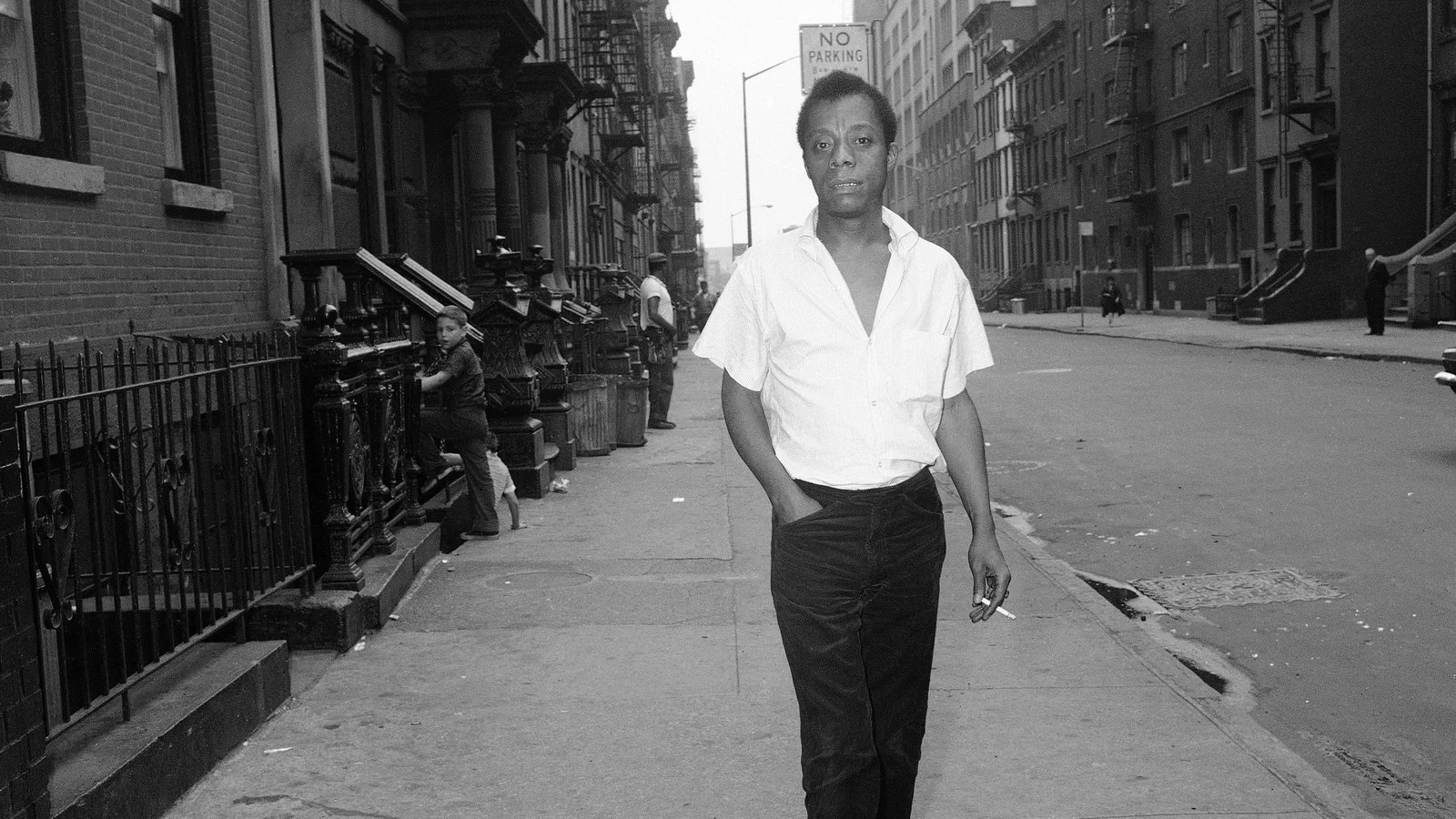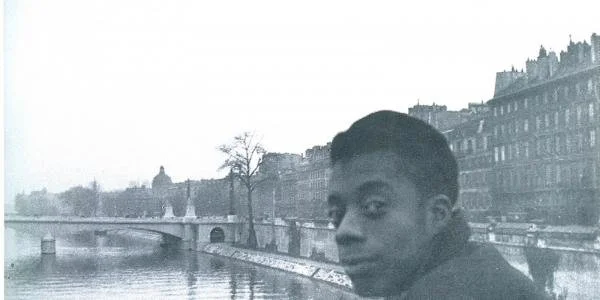THE COMPLEX ART: What James Baldwin can teach us about cinema by Craig Hammill
To be a well-rounded moviemaker it helps to be well read. Or maybe put better: it sure as hell isn’t going to hurt you as a storyteller to read as much as you can to really grasp the fundamentals of narrative and character.
Countless (too many I’m sure) times, I’ve mentioned how well-read Akira Kurosawa was. This has always left a deep impression on me. In talking about his conception of the defiant poor girl Otoyo in Red Beard (1965), Kurosawa referenced Charles Dickens’ Little Dorrit. He made several explicit adaptations including Dostoyevsky’s The Idiot (1951), Gorky’s The Lower Depths and Shakespeare’s Macbeth (both 1957!). He adapted an Ed McBain novel as High and Low (1963). Kurosawa read like a shark on a tear. I’ve heard John Ford was the same only Ford hid his literacy for fear the moguls might have their suspicions confirmed that he was making art on their dime.
This is all to say that I just finished James Baldwin’s 1955 collection of essays Notes of a Native Son. It’s a short read. It would be wrong to say it was an easy read. Baldwin lands so many punches and packs so much dense rich nutrition into his lean book that it almost certainly would require two to three readings minimum to fully absorb what he’s saying.
Nevertheless, I was left rattled, dazed, and stunned by one of Baldwin’s clear gifts as a writer: his ability to embrace complexity and paradox as the dual necessities of truth and art.
Baldwin’s book is a series of autobiographical essays that begins with Baldwin’s (shocking) critique of Richard Wright’s much celebrated novel Native Son (Baldwin compares it ultimately to Uncle Tom’s Cabin), transitions to its longest essay about Baldwin’s complex relationship with his preacher father and the Harlem Baldwin grew up in, then ends with several essays about Baldwin’s early years as an ex-patriate in France/Europe.
But the overarching focus of the essays, at least as I see it, is Baldwin’s repeated development of his assertion that the great sin of America and white western culture by extension is its ignorance/refusal to acknowledge the complex humanity of other races. Even when well-intentioned, as Baldwin concedes was the progressive embrace of Native Son and Uncle Tom’s Cabin, white people have a tendency to reduce non-white folks to issues, causes, representations. When what they should be doing is affording everyone the same complex, messy humanity white culture allows itself.
Possibly the best essay of the collection is the title essay “Notes of a Native Son” that focuses on Baldwin’s struggles as a teenager and young man with his father, with Harlem, with white America.
What’s so stunning about Baldwin’s writing is how he contains multitudes within ten or twenty pages. Baldwin will often follow a passage about how many black Americans live with a justified rage inconceivable to white people where violence is not only understandable but almost necessary with a passage on how at the same time many black Americans, Baldwin included, still hold out some kind of hope for the equal society the United States has promised since its inception but not yet achieved.
My poor summation in the paragraph above does no justice to the brilliant, human, layered analysis of Baldwin’s memoir laced prose. But in reading Baldwin, I was struck again by that elusive talent so few narrative artists have to mine contradiction. Often many truths (and many lies) exist within each human being. We think ourselves broad minded then in a crucial moment act in the most impulsive reactionary of ways. We espouse commitment to political ideals only to abandon them so our political team wins.
We are in short hypocrites. But as Americans it’s really hard to make an admission other older cultures around the world have wrestled with and acknowledged for centuries.
Baldwin’s criticism of Wright’s Native Son may have been written with some self-awareness that it would be controversial and help Baldwin as a young budding writer. But it also feels like a well-argued call to writers to go beyond “the protest novel”.
Baldwin doesn’t even touch upon his own bi-sexuality/gayness in the essays (he would just a year later in his 1956 novel Giovanni’s Room) which adds another level of complexity to his understanding and view of the world.
But all of this writing is just to say that reading James Baldwin reminded me yet again how important it is to try to embrace paradox, irony, complexity, hypocrisy, contradiction to create a true living, breathing, vital cinema.
It’s hard to do of course. You’ve got ninety minutes to three hours usually to tell a story most novelists take at least two hundred and fifty pages to get out. As a moviemaker you have to accept the rules of the game that often your movies should “move”, be action centered, focus on a real hook-centric story.
But that’s part of the fun challenge I think in making movies. Like producing a three minute pop song that somehow feels like a Tolstoy novel. Stevie Wonder has done it. Bob Dylan has done it. David Bowie has done it. Prince has done it.
And in cinema, the works of Fassbinder, Kurosawa, Ford, Kubrick, Scorsese, Satyajit Ray, Renoir to name just a few have somehow threaded that needle of great movie, great insight, great complexity.
So all of this is to say, please read Baldwin’s Notes of a Native Son. You’ll marvel at how much he gets across in so few pages.
It feels like a class on how one can. . .and maybe should approach cinema.
Craig Hammill is the founder.programmer of Secret Movie Club.



